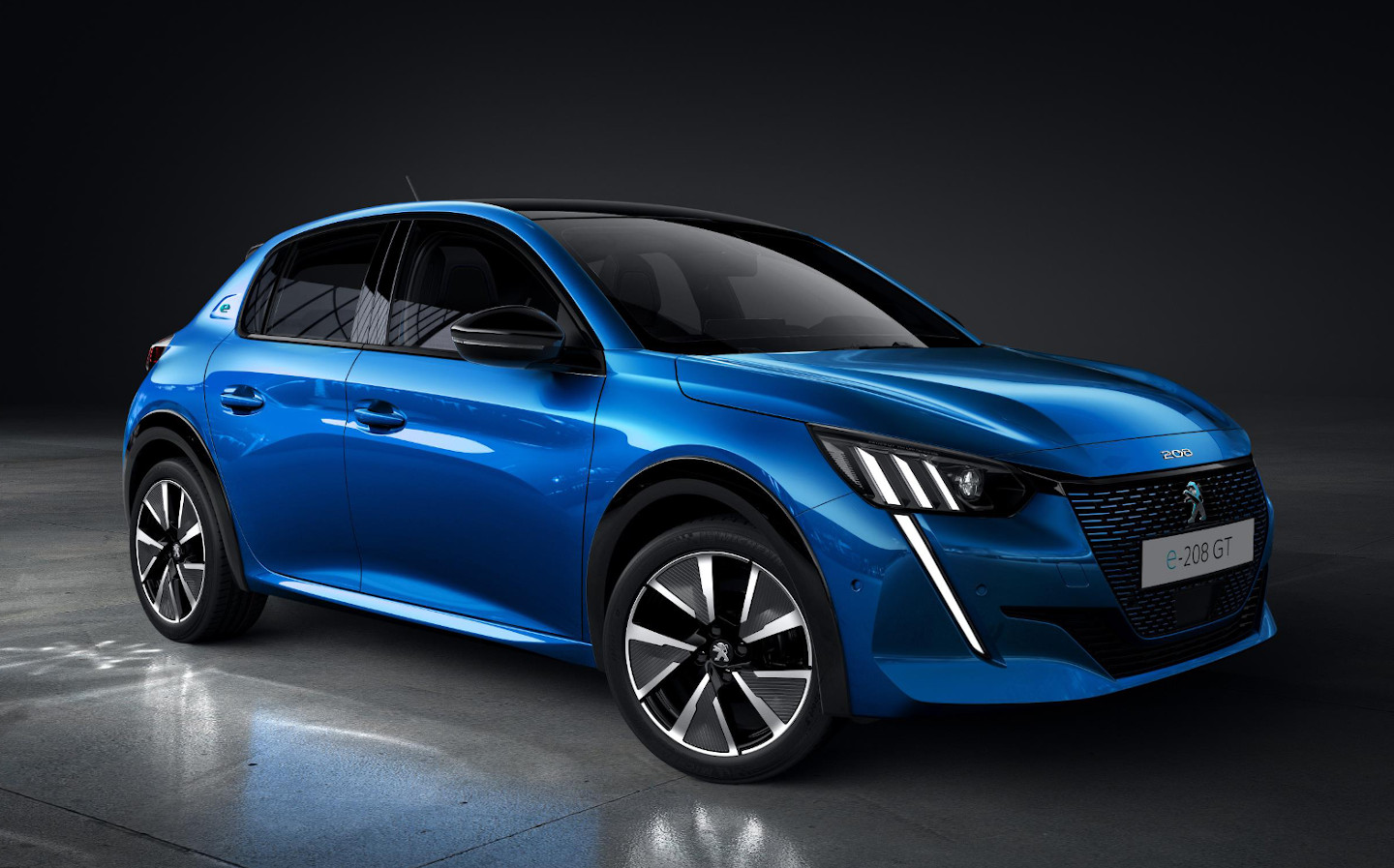Peugeot and Renault plug £500 hole in government electric car subsidy
Hurry though, you've only got two weeks
FRENCH car maker Peugeot has pledged to fill the £500 reduction in the government’s plug-in car grant until the end of March.
In the Budget announced on March 11, it was revealed that the government will carry on subsidising a portion of the cost of buying a pure-electric car, extending the scheme until 2022-23, at a cost of £403m. It also said it would spend a further £129.5m to extend the grant for other electric vehicles such as vans, taxis and motorcycles.
This came as good news to the motor industry, some members of which feared that the scheme, which has been in place since 2011, would be cancelled. However, despite the grant being extended, it is being decreased from £3,500 to £3000. The grant does not apply to cars worth over £50,000.
In response, Peugeot said it would foot the bill for the hole in the grant, for buyers of its e-208 supermini and e-2008 SUV. Renault has also said that it will fill the £500 hole for buyers of the Zoe until the end of March, meaning that the supermini will cost £24,670 including the PiCG. The Peugeot costs a very similar £24,495.
Other carmakers making similar offers include MG. The company has said it will foot the £500 deficit until the end of the month, meaning its electric ZS SUV will cost £22,495, for an entry level version.
David Peel, Managing Director of Peugeot UK, said: “The Plug-in Car Grant has been hugely successful in helping hundreds of thousands of buyers to make the switch to electric. We were delighted to hear the Government has added a further £403 million to the scheme and has agreed to support it until 2022-2023.
“By making up the £500 shortfall in funding, we’re aiming to ensure electric vehicles registrations continue to rise, and that the vehicles will remain accessible to as many as possible.” The company has promised that it will offer an electric version of all its models by 2023.
In February, EVs made up 3% of new car purchases. While this was a sharp increase on the previous month, it is still strides away from where the market needs to be by the time the government bans the sale of new petrol and diesel cars in 2035.
The government says that it has provided £800m in grants to stimulate the still fledgling market for EVs.
Nicholas Lyes, head of roads policy at RAC said: “[The continuation of the grant is] something we called for and which will provide a real long-term boost for drivers who plan on changing their vehicle in the next couple of years but find the current upfront costs prohibitive.”
The Peugeot 208 was named European Car of the Year this month, beating out the favourite — the Tesla Model 3 — partly due to its “exceptional choice of powertrains which includes an electric version beside the traditional gasoline and diesel engine,” according to the judges.
Peugeot is also giving all buyers of its pure-electric models a free Podpoint Home Charging Unit and free access to Polar Plus, the UK’s biggest public charging network.
The e-208 is powered by a 50kWh battery and has a WLTP range of up to 217 miles, and can be charged to 80% in 30 minutes using a fast public charge point. Peugeot hopes that it will tempt potential buyers of the Vauxhall Corsa-e, which is based on the e-208, and Renault Zoe.
Tweet to @KieranAhuja Follow @KieranAhuja
Budget 2020: Chancellor Rishi Sunak outlines plans for roads and cars





